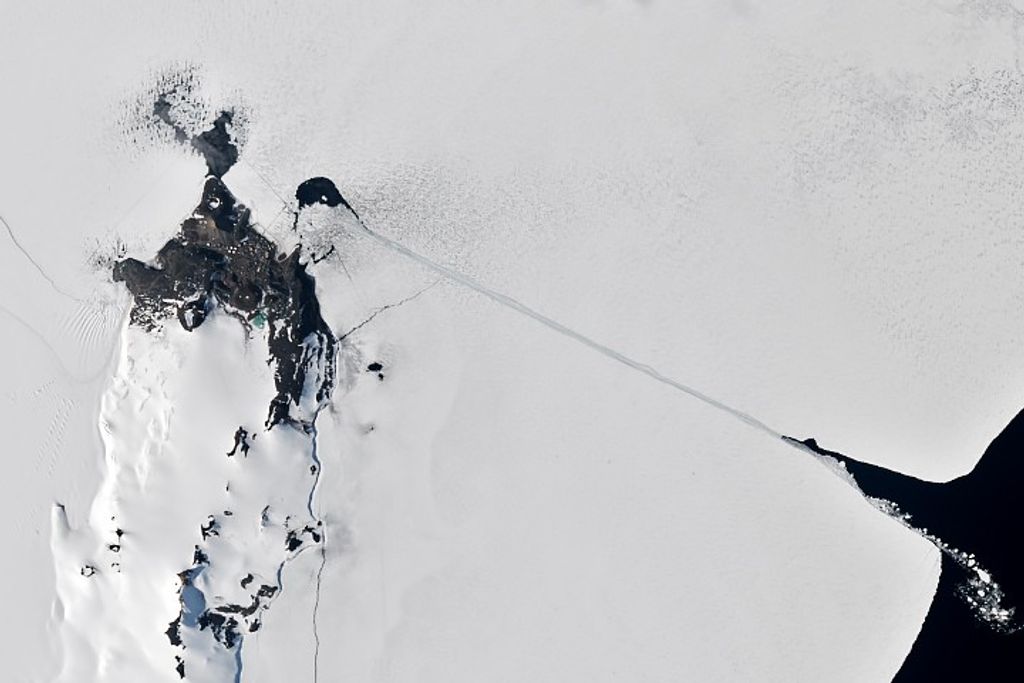
Dr. Ursula Rick
Program Executive, Heliophysics Division
Dr. Ursula Rick is a program executive in NASA’s Heliophysics Division at NASA Headquarters in Washington. In this role, Rick manages the development of heliophysics missions and works to advance NASA’s space weather activities. She is also the Executive Secretary of the OSTP Space Weather Operations, Research, and Mitigation (SWORM) Subcommittee, an interagency committee that works to ensure the United States’ preparation for and resilience to space weather events.
Dr. Rick has spent her career at the intersection of science and policy, with a drive to see useful science produced for decision-makers and to increase fruitful interactions between people in both sectors. Before joining the Heliophysics Division, Dr. Rick was the acting branch chief of the NASA Science Mission Directorate (SMD) Policy Branch, leading a team of policy analysts who served SMD’s broad policy needs, including communication with Congress and the Executive Office of the President, domestic and international partnerships, budget messaging, and a host of other policy areas. Before becoming acting branch chief, she was a senior policy analyst in the branch, and her portfolio included planetary protection policy, leadership of a White House Office of Science and Technology Policy (OSTP) interagency working group, management of National Environmental Policy Act for SMD missions, and SMD’s international strategy implementation.
Prior to joining NASA in 2019, Dr. Rick’s career was centered around energy, climate, and natural resource policy. She was the managing director of Western Water Assessment (WWA), at the University of Colorado Boulder, and was responsible for the day-to-day management of the people, budget, and deliverables; maintaining relationships with external stakeholders in Colorado, Utah and Wyoming; and ensuring the data and information produced by WWA researchers was useful to decision makers. Before WWA, Dr. Rick was the regulatory affairs manager at Western Energy Alliance, focusing on air and water regulations for the oil and natural gas industry. Dr. Rick was the American Geoscience Institute/AAAS Congressional Fellow for 2010 – 2011, serving as a legislative aide in the Office of Senator Mark Udall where she was responsible for legislation and issues related to renewable energy, the smart grid, oil and gas exploration, mining of critical minerals, and the wholesale power system.
Dr. Rick has a PhD in atmospheric and oceanic sciences from the University of Colorado Boulder, where she modeled meltwater flow through the Greenland Ice Sheet. She earned a master’s degree in engineering sciences from the Thayer School of Engineering at Dartmouth College, and her research there was done in partnership with the U.S. Army Cold Regions Research and Engineering Lab and involved measuring air permeability and microstructure of snow and firn in ice cores from Antarctica and Greenland. Dr. Rick has a bachelor’s degree in materials science and metallurgical engineering from Michigan Technological University.

























